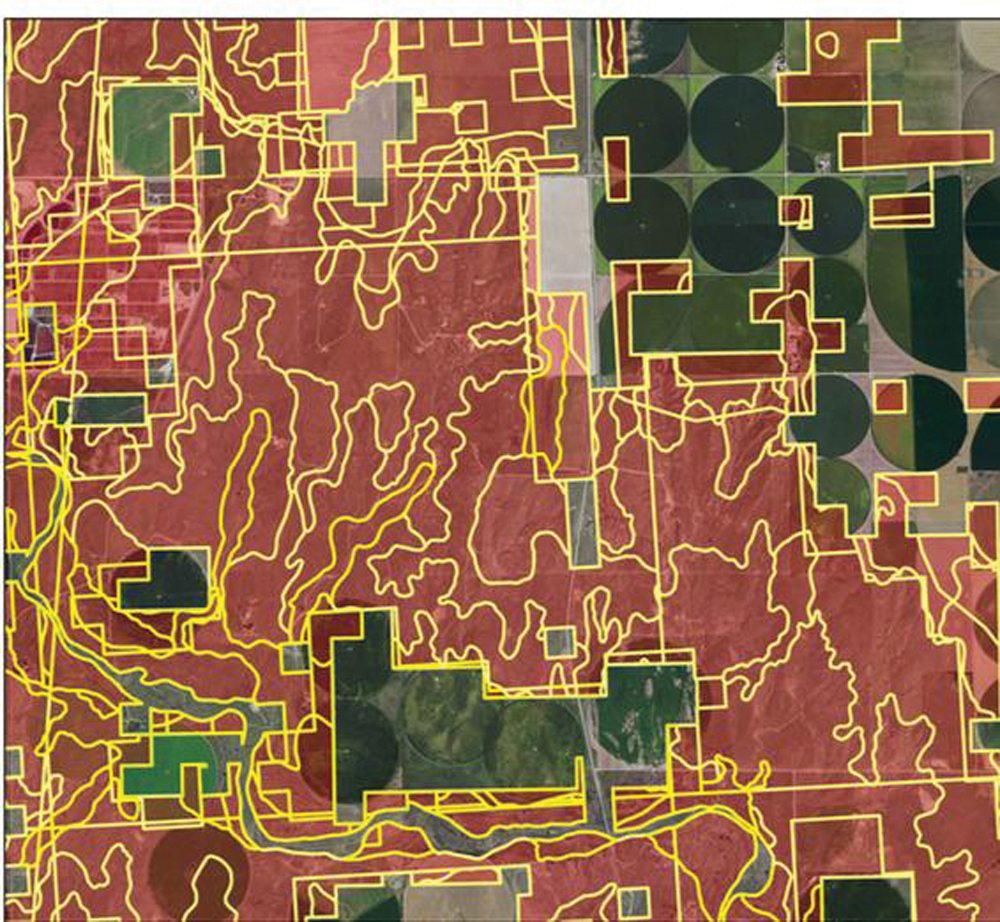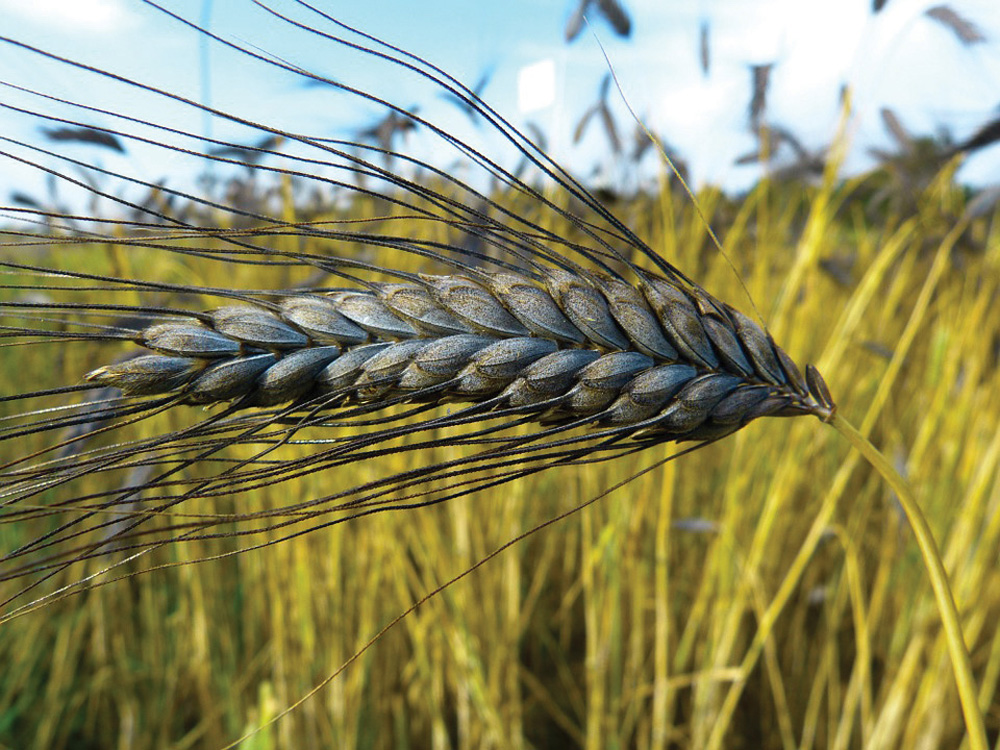In a new study, University of Missouri researchers say that while less meat is wasted on average compared to fruits and vegetables, it represents more total resource waste in inputs such as fuel and fertilizer.
“While many of us are concerned about food waste, we also need to consider the resources that are wasted when we throw away edible food,” Christine Costello, assistant research professor said in a release. “Based on our study, we recommend that people and institutions be more conscious of not only the amount but the types of food being wasted.”
Read Also

Nutrien pays farmers for efficient nitrogen
Nutrien’s Sustainable Nitrogen Outcomes (SNO) program pays Prairie farmers to limit nitrogen loss and, therefore, fertilizer-related greenhouse gas emissions.
During the study, pre- and post-consumer food waste was collected from four all-you-care-to-eat dining facilities over three months in 2014. Costello and her research team created a detailed inventory of the specific types of food waste: meat, vegetables or starches. The food waste also was categorized as either edible or inedible (peels and ends of fruits and vegetables).
Once the food waste was categorized, Costello and her research team analyzed greenhouse gas (GHG) emissions resulting from fertilizer use, vehicle transportation, and utility use on the farm. GHG emission estimates were measured from cradle (land preparation or animal birth) to farm gate (when the grain or animal was sent to a processing facility). Previous studies have shown that the majority of GHG emissions occurs in the production stages prior to the farm products leaving the farm.
“Based on the findings, we recommend consumers pay special attention to avoiding waste when purchasing and preparing meat; if consumers choose to prepare extra food ‘just in case,’ they should use plant-based foods,” said study co-author Ronald G. McGarvey.
Costello and McGarvey recommend that future research should examine the effects of facilities that operate as all-you-care-to-eat versus those that operate à la carte at the consumer level.















